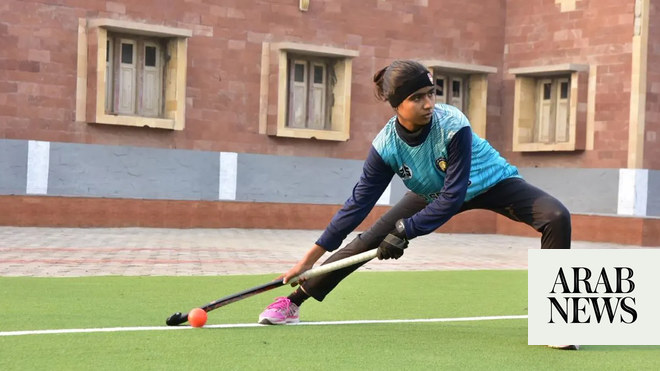Jacobabad, one of the hottest cities on earth, presents a challenging environment for athletes like Shabbir, particularly women and girls who already face numerous barriers to sports participation in Pakistan.
In a country where sports facilities are scarce, especially for women, the recent heatwave has further limited opportunities for training and competition. Shabbir’s club, the Star Women’s Sports Academy, is the only women’s sports club in Jacobabad, forcing the team to train late in the day to avoid the worst of the heat. However, concerns for safety mean that parents are reluctant to allow their daughters to return home late, impacting the athletes’ training schedule and performance.
The heat also takes its toll at night, as power cuts often render air conditioning ineffective, leading to discomfort and sleepless nights for many athletes. This lack of rest and the constant exposure to high temperatures have tangible effects on performance, as Shabbir notes that she is not playing at her best.
Haseena Soomro, another player from the same club, echoes these sentiments, highlighting how the heat affects her speed and agility on the field. The challenges extend beyond the physical demands of the sport, as cultural and religious norms dictate the attire worn by female athletes, which can be cumbersome and unsuitable for the hot climate.
Erum Baloch, the founder of the women’s sports club in Jacobabad, emphasizes the need for societal acceptance of women in sports, including their choice of attire. Baloch is also grappling with the financial burden of providing adequate training facilities and equipment, especially during the sweltering summers.
The situation is mirrored in other parts of Pakistan, where women athletes face similar challenges. Farwa Batool, from Khairpur city, describes the discomfort of wearing long sleeves and a hijab while playing sports, expressing a desire for women-only grounds or segregated timings to alleviate the burden of restrictive clothing.
Despite these obstacles, women like Shabbir remain determined to pursue their passion for sports. They recognize the transformative power of sports, not just in terms of physical health but also in building confidence, resilience, and teamwork skills. As Shabbir prepares for her upcoming tournament, she remains optimistic, hoping that her team’s resilience in the face of adversity will give them an edge over competitors from cooler regions.
However, the sustainability of women’s sports in Pakistan remains uncertain, as the financial and logistical challenges continue to mount. Without adequate support from the government and sponsors, the future of women’s sports in Pakistan hangs in the balance.




















![What Grade of Green Brought Pakistan’s Economy to Ruin? [Opinion]](https://qalamkahani.com/wp-content/uploads/2024/01/debt-360x180.jpg)

